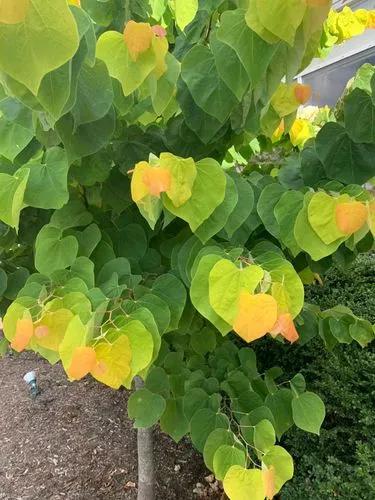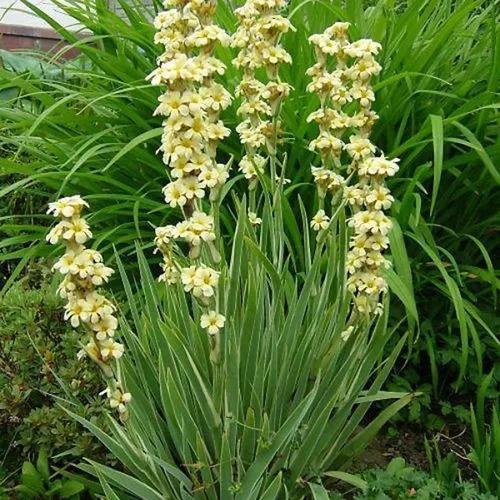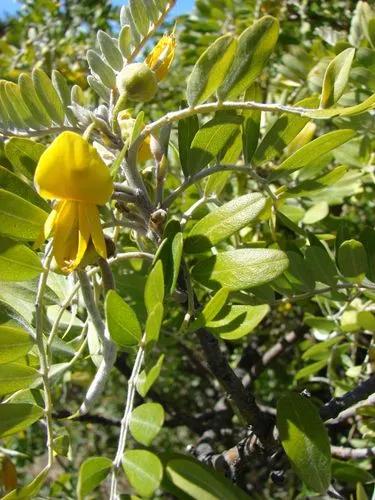Cymbidium ensifolium is an orchid species native to the tropical climates of Japan, China, Vietnam, Cambodia, Laos, Hong Kong, Sumatra, and Java. It is also known as The Four-Season orchid, golden-thread orchid, spring orchid, burned-apex orchid, and rock orchid.
Cymbidium ensifolium Care
Cymbidium ensifolium
Other names: The Four-season Orchid, Spring Orchid, Burned-apex Orchid And Rock Orchid



Cymbidium ensifolium is a medium-sized, evergreen orchid species. This plant is a lytophite - this means it prefers to root on rocks. These orchids grow in misty evergreen forests on mossy limestone at the sea level about 1500 meters. Cymbidium ensifolium has egg-shaped pseudobulbs and 2-4 leaf-bearing stems. The leaves are about 60cm long and 2cm wide. Normally, cymbidium ensifolium blooms in late summer-early autumn. The bloom period is shorter than in a regular cymbidium - about 2-3 weeks. Each stem carries around 3-8 fragrant flowers, 2-3 in (5-7 cm) wide. The flowers have a pale yellow color with red spotting.
How to Care for the Plant

Water

Water your Cymbidium ensifolium thoroughly during active growth and hot, dry periods. As soon as you see the top inch of the soil drying out, you’ll know it’s time to water. Keep an eye on the drainage – the substrate at the roots shouldn’t capture excessive moisture. We recommend you water the plant in the early morning, so it has time to drain properly during the warm time of the day.

Pruning

The four-season orchids don’t need pruning. Simply cut off the flower stems when the bloom fades.

Fertilizer

Cymbidium ensifolium grows actively from September to mid-December. You should feed them an NPK fertilizer rich in nitrogen to help with the growth during this time. When flower spikes appear, apply fertilizer high in potash and phosphorous. Use a half or a quarter of the recommended amount of fertilizer every week (when you water more frequently, fertilizer gets washed out quicker). Don’t forget to water the plant before feeding to avoid root burn. Rinse the pot once or twice a month, so the minerals do not build up on the walls of your container.

Sunlight

Cymbidium ensifolium requires about 50% shading, especially in the summer period. Reduce shading to 20% during flowering. In winter, the plant can tolerate bright indirect sunlight. Keep an eye on the leaves: typically, they are pale yellow and turn bleach-white when burned. If it is too dark, your plant will look bright green and won’t bloom. In that case, you’ll want to provide your Cymbidium ensifolium with more light.

Soil

The substrate for your four-season orchids should be very loose and quickly drying. Put some medium granulation bark in the bottom half of the pot, adding a mixture of 30% fine bark, 10% perlite, and 10% charcoal on the top.

Propagation

Dividing the mature plant is the easiest way to propagate at home. Wait till early or mid-spring until you see that your Cymbidium ensifolium has grown out of its container and has 3+ pseudobulbs. Repot in your standard substrate used for adult plants and follow the aforementioned watering guide.

Temperature

Keep the temperature in your greenhouse at about 77-82.5˚F (25-28°C) in the daytime and 59-64.5˚F (15-18°C) at night. This fluctuation in temperatures lets the spikes initiate. To help the plant cool down in scorching evenings, sprinkle it with water. Evaporating moisture will do the deed.

Container

A perfect pot for your Cymbidium ensifolium will be about 6 in (15 cm) wide and about 12-13 in (30 cm) tall. These plants have long, straight roots, which require such a shape for the pot. Excellent drainage is crucial. All orchids are sensitive when it comes to the roots, so make sure there are enough holes for the water to drain. To help these gorgeous flowers thrive, you’ll have to provide them with a proper replication of their native climate. Noble orchids are very proud plants: they won’t flourish on your standard windowsill. If you don’t live in a tropical zone and want to accept this challenge – arrange a greenhouse for your Cymbidium ensifolium.

Fun fact

The four-season orchid is so old that it has been known to people since the time of Confucius.

Popularity

137 people already have this plant 10 people have added this plant to their wishlists
Discover more plants with the list below
Popular articles






